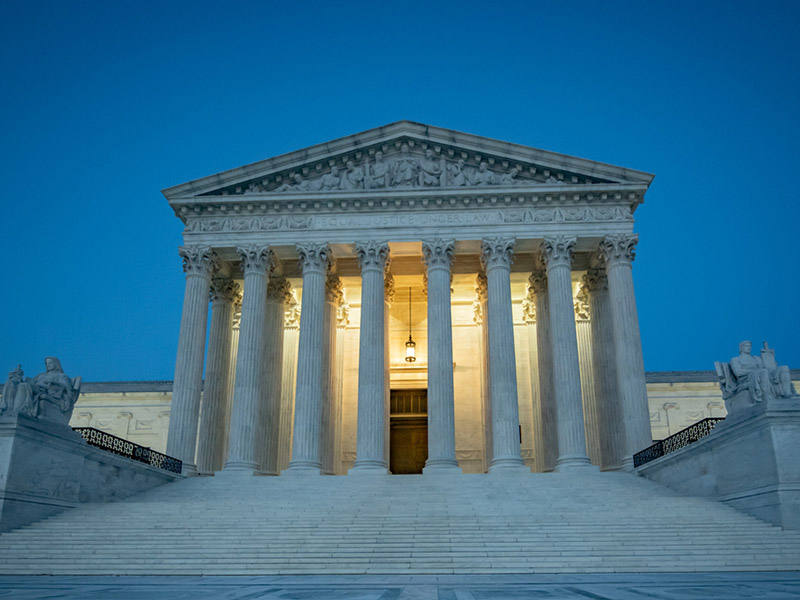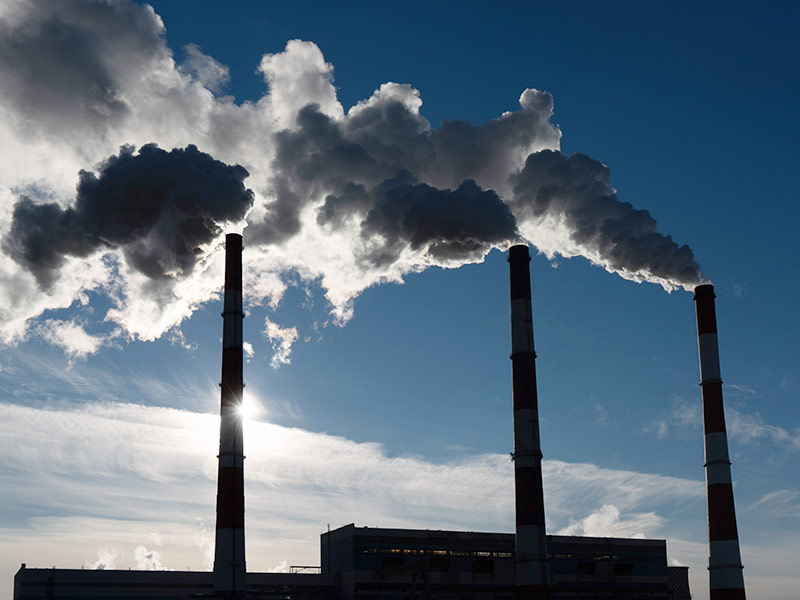
Sustainability Management | Human Rights
The Norwegian Transparency Act: Key Insights for Business
As the Norwegian Transparency Act becomes the newest human rights due diligence law to enter into force, what does it mean for business with operations in Norway? We share key insights based on work we've done with our members.

Human Rights | Financial Services
The Housing Crisis: Key Priorities for Investor Action
Institutional investors have both a responsibility and an opportunity to play a key role in the solution to the housing crisis. We share several key actions to take.

Equity, Inclusion, and Justice
Key Ways for Business to Respond to the Fall of Roe v. Wade
The sweep of the ruling on abortion is staggering and destabilizing for business in America. Here are seven key points for business to consider.

Inside BSR: Q&A with Olivia Li
Inside BSR is our monthly series featuring BSR team members from around the world. This month, we connected with Olivia Li, a Manager based in Shanghai.

Climate Change
How Business Can Advance Climate Justice
Climate change affects each of us differently, and its impact will be exacerbated for communities that already face underlying socioeconomic inequalities or injustices. Listening, co-creating solutions, and elevating the voices of those most affected is paramount in advancing climate justice.

Supply Chain | Human Rights
Beyond Audits: Six Ways to Manage Human Rights Risks in Supply Chains
Companies are now expected to go “beyond” auditing by adopting more robust approaches to address human rights violations in their supply chain. Six points for companies to consider when addressing human rights risks through a holistic approach.

Sustainability Management | Climate Change
How the SEC Can Mandate Climate-Related Disclosures and Drive Corporate Action
In support of the SEC’s current efforts to react to market demand for comprehensive climate-related financial disclosures, BSR responded to the latest public consultation on climate-related disclosure. We share our recommendations.

Human Rights | Healthcare
Human Rights in the Healthcare Sector: Current State of Play
Over the past 18 months, BSR has worked with leading healthcare companies to assess the state of play in human rights practices. We share our maturity curve to chart healthcare companies’ approach to human rights.

Human Rights | Financial Services
Inequality Has Become an Investor Priority—How Human Rights Advocates Can Respond

Supply Chain | Human Rights | Energy and Extractives
Addressing Human Rights Risks in Renewable Energy Supply Chains
BSR’s work with energy and extractive companies—including a recent assessment of the human rights risks associated with minerals used in wind, solar, battery, and electrolyzer technology—has surfaced two key strategies for strengthening the management of human rights risks in transition mineral supply chains.

Supply Chain | Human Rights | Equity, Inclusion, and Justice
Inside BSR: Q&A with Cecilie Jørgensen
Inside BSR is our monthly series featuring BSR team members from around the world. This month, we connected with Cecilie Jørgensen, a Manager based in Copenhagen.

Climate Change
Transform to Net Zero: The Case for Circular Chemistry
Despite national climate pledges, we urgently need to limit the global temperature rise to 1.5°C. While a growing number of businesses have targets in place to reduce their energy dependence and switch to clean energy sources, there is a blind spot in the race to zero: embedded carbon.

Technology | Human Rights
Harnessing the Power of Data to Combat Human Trafficking
Last week, Tech Against Trafficking (TAT) brought together technologists, nonprofits, academics, governments, and policy-makers from 60 countries in a virtual event to celebrate the close of its second Accelerator and discuss how tech advancements can be used to combat human trafficking.

Technology | Human Rights
Advancing Human Rights in the SaaS Sector
BSR worked with a group of SaaS companies to conduct a sector-wide human rights assessment of the SaaS sector focused on the use of B2B services and are publishing the report today. This assessment identifies the SaaS sector’s salient human rights risks and outlines ways in which SaaS providers may impact human rights—as individual companies, as a group of companies, or as a sector.
